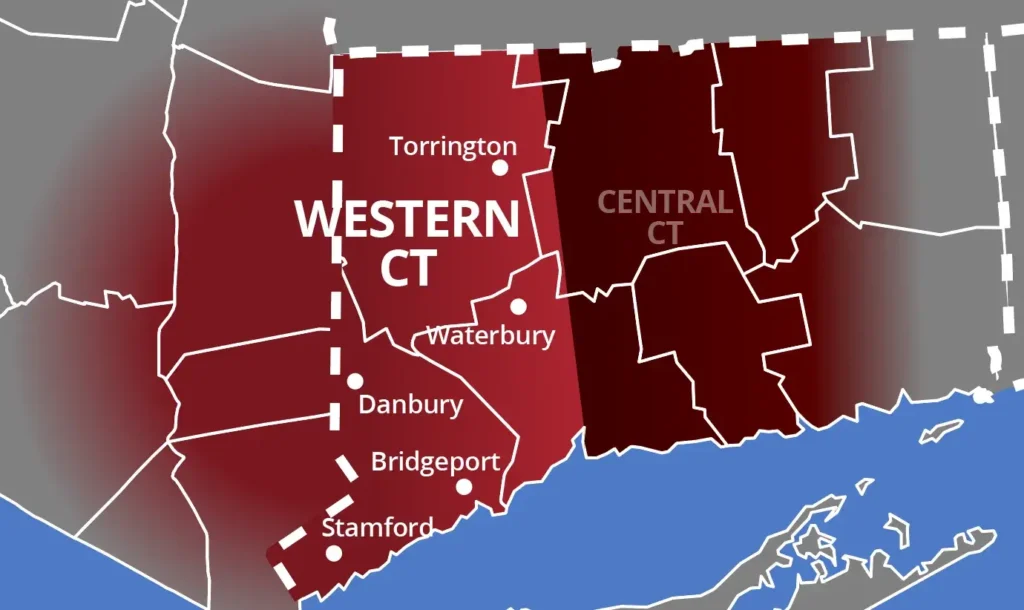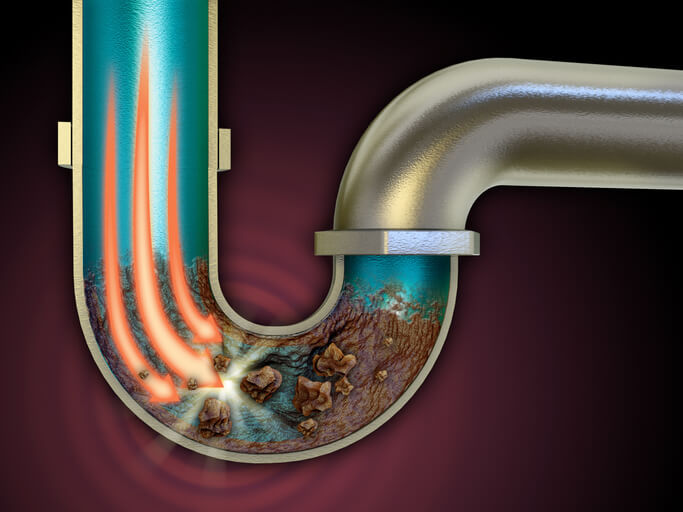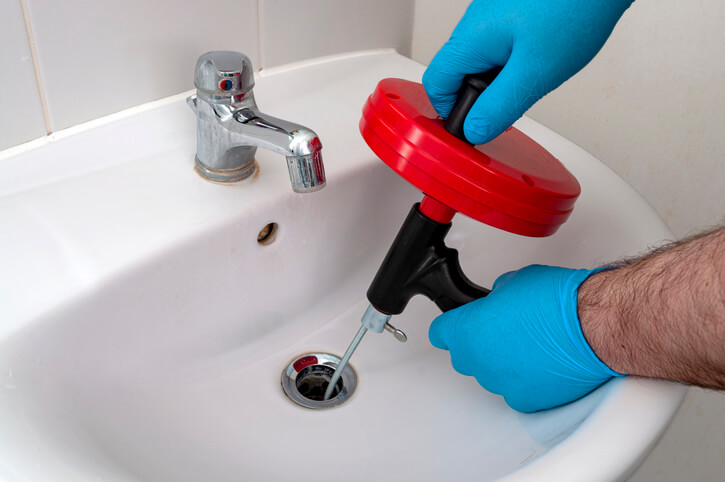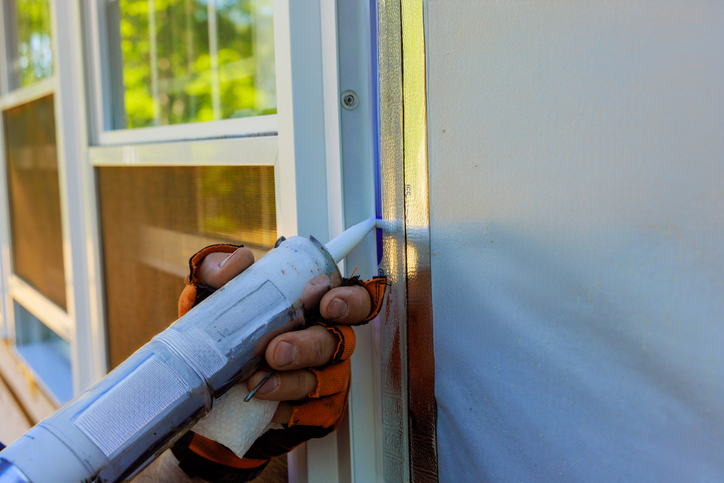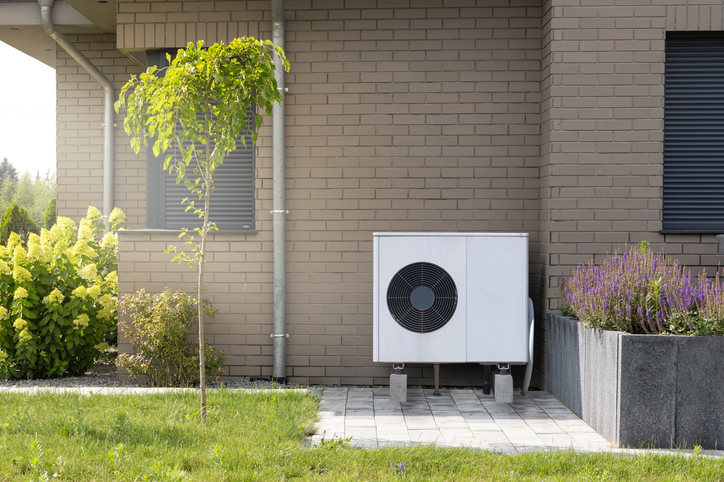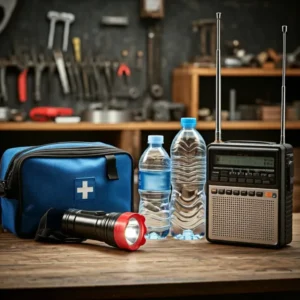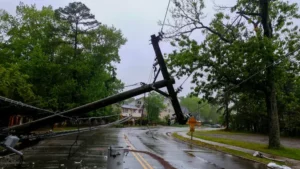We love it when the weather starts to warm up in the spring. It means summer isn’t far away. Connecticut summers, while often beautiful, can bring stretches of some unpleasant heat and humidity. For homeowners, a reliable air conditioning system isn’t just a luxury – it’s a necessity for comfort and well-being. But like any complex machine, your AC unit needs regular attention to keep running efficiently and prevent costly breakdowns. Ignoring routine maintenance is a gamble you simply can’t afford.
Springtime is the Best Time to Get Your AC Tuned Up
You can think of your regular AC maintenance as preventative healthcare for your home. Neglecting your AC this spring means you run the risk of having an AC problem in the middle of the hottest days of summer. A well-maintained system operates at peak performance, translating directly into lower energy bills. Here in Connecticut, we have some of the highest energy costs in the country. Dirty filters and clogged coils force your unit to work harder, consuming more electricity to achieve the same level of cooling. Regular tune-ups mean that these components are clean and functioning optimally, saving you money hot month after hot month.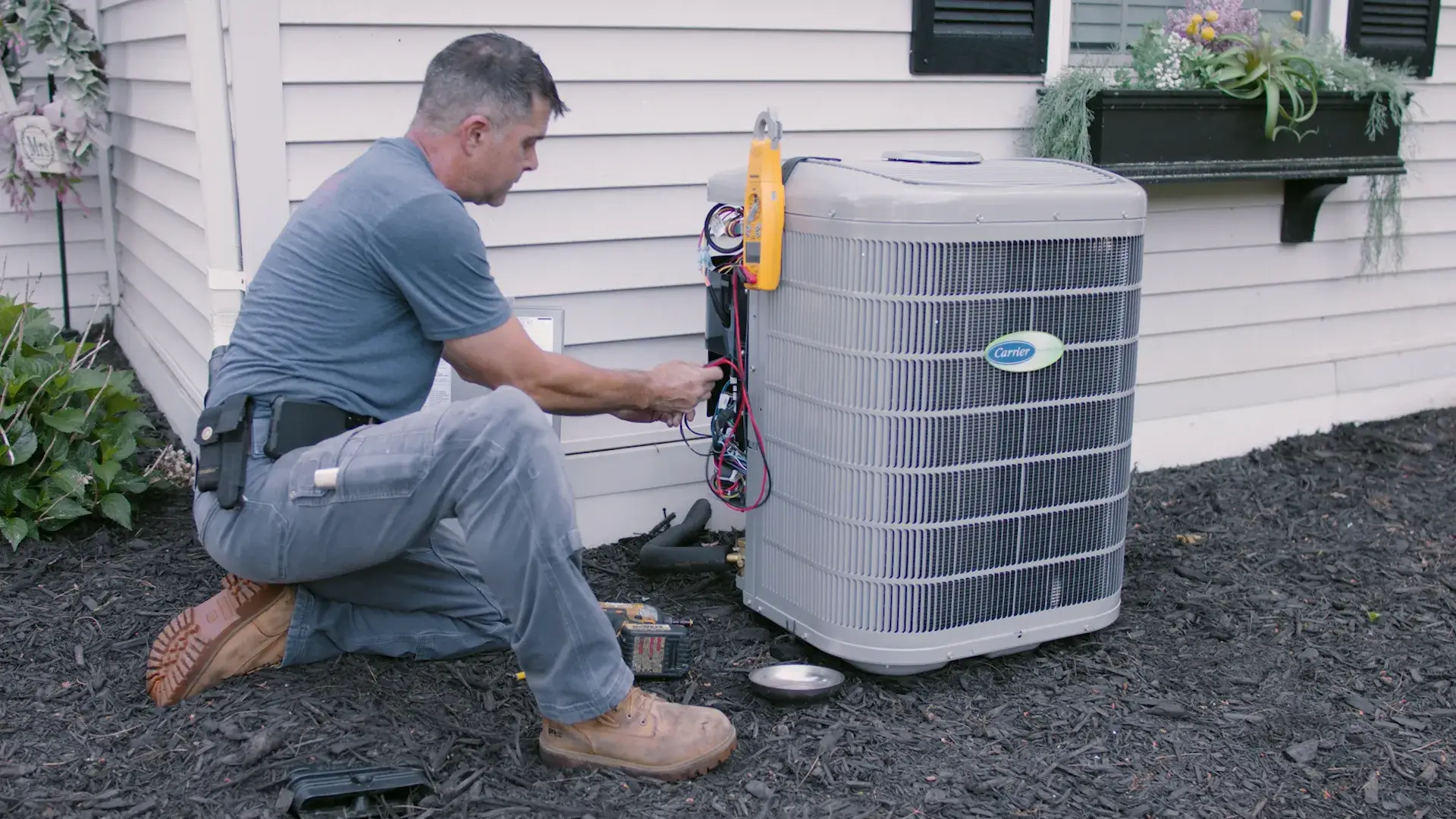
Your Home’s Comfort and Economy
Beyond energy savings, regular maintenance significantly extends the lifespan of your AC unit. You can save yourself from having to replace expensive units with a regular visit from our qualified technicians. Dust, debris, and wear and tear can take a toll on internal components. A qualified HVAC technician can identify and address minor issues before they cause significant damage. This proactive approach prevents premature failure and helps you get the most out of your investment, potentially saving you thousands on early replacement costs.
Avoiding Midsummer Nightmares
What you really want to avoid is one of those sudden AC breakdowns that almost always happen during a sweltering Connecticut heatwave. There is a spike in breakdowns and emergency calls, which means you’ll have to wait in line to get someone to help you with your broken AC. Finding a reputable repair technician on short notice can be challenging, and the discomfort for your family can be substantial. Regular maintenance minimizes the risk of such unexpected failures, providing peace of mind knowing your cooling system is in good working order when you need it most.
Breathing Easier at Home
Proper maintenance also improves the air quality within your home. Dirty filters harbor dust, pollen, and other allergens, which can circulate throughout your living spaces. Regular filter changes and professional cleaning of the system contribute to a healthier indoor environment, especially important for those with allergies or respiratory sensitivities.
Take Action Now
For Connecticut homeowners, AC maintenance is not an optional expense – it’s a crucial investment in comfort, savings, and the longevity of your home. Schedule regular tune-ups with a qualified HVAC professional to ensure your system runs efficiently, keeps your energy bills down, prevents costly breakdowns, and provides a healthy and comfortable indoor environment throughout those hot summer months. Don’t wait until the heat is on – prioritize your AC maintenance today!


